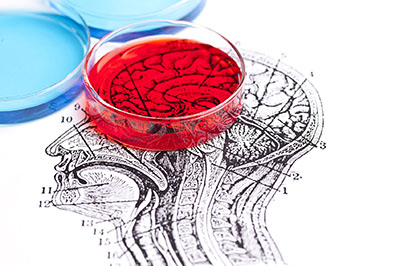 Dog slobber. It’s one of those things that can divide even the most committed dog lovers. Some would rather kiss a toad than let their dog lick their face, while others gladly let Fido share their spoon or ice-cream cone. From the pro side, a common claim is that a dog’s mouth is cleaner than a human’s. But is it really? You might be surprised at what science has to say about that.
Dog slobber. It’s one of those things that can divide even the most committed dog lovers. Some would rather kiss a toad than let their dog lick their face, while others gladly let Fido share their spoon or ice-cream cone. From the pro side, a common claim is that a dog’s mouth is cleaner than a human’s. But is it really? You might be surprised at what science has to say about that.
There are plenty of urban legends about the cleanliness of a dog’s mouth. Some attribute special antibacterial properties to a pooch’s saliva, while another claims that a dog’s mouth is seven times cleaner than a human’s. But before you go ahead and let Spot have a bite of that sandwich, you should probably know that those theories have been scientifically busted.
A dog’s mouth, as this Scienceline article reports, is just as likely to be swarming with “legions of germs” as the typical human mouth. Some are the same bacteria that are found in humans but many are different?meaning that you’re introducing a host of foreign bacteria into your mouth by letting your dog get up close and friendly.
Then, of course, there’s the question of fecal matter. Even if you’ve trained your dog to do every silly pet trick seen on David Letterman, odds are good that your canine companion probably hasn’t mastered using toilet paper to clean itself after a bathroom break. Which means that it’s going to take care of business the old-fashioned way?and potentially pass traces of fecal bacteria along to any human food or faces it’s allowed to lick.
Even when your dog is focused on what’s in front of it (rather than behind), it could be picking up lots of other unsavoury things you probably wouldn’t want to slather across your mouth. Things like salmonella, hookworm, and tapeworm, as this article on Cesar Milan’s website explains.
So why, you might wonder, don’t we hear about people getting sick from letting their dogs lick their face? For the simple reason that most people’s immune systems are healthy enough to fight off the germs and bacteria their pet’s mouth might carry. But that doesn’t mean it doesn’t happen. People with less robust immune systems are at higher risk for problems, and it’s probably not a good idea to let your dog lick the hands or faces of very young children, especially since babies and toddlers don’t know enough not to put a hand covered in dog slobber into their own mouths.
None of this is to deny the very real health benefits, both emotional and physical, that our canine pets provide. Studies have shown that the simple act of petting a dog can lower blood pressure and reduce anxiety in people. Dogs can also keep you physically active, whether it’s a walk around the block or an hour of Frisbee at the park.
But the bottom line is that no matter how clever or adorable your dog might be, its mouth is still a swamp of germs and bacteria that are better kept as far as possible from your own lips. So go ahead, give Spot a smooch if you want. Just remember to keep your toothbrush handy.
S.D. Livingston is the author and creator of the Madeline M. Mystery Series for kids, as well as several books for older readers. Visit her website for information on her writing.

